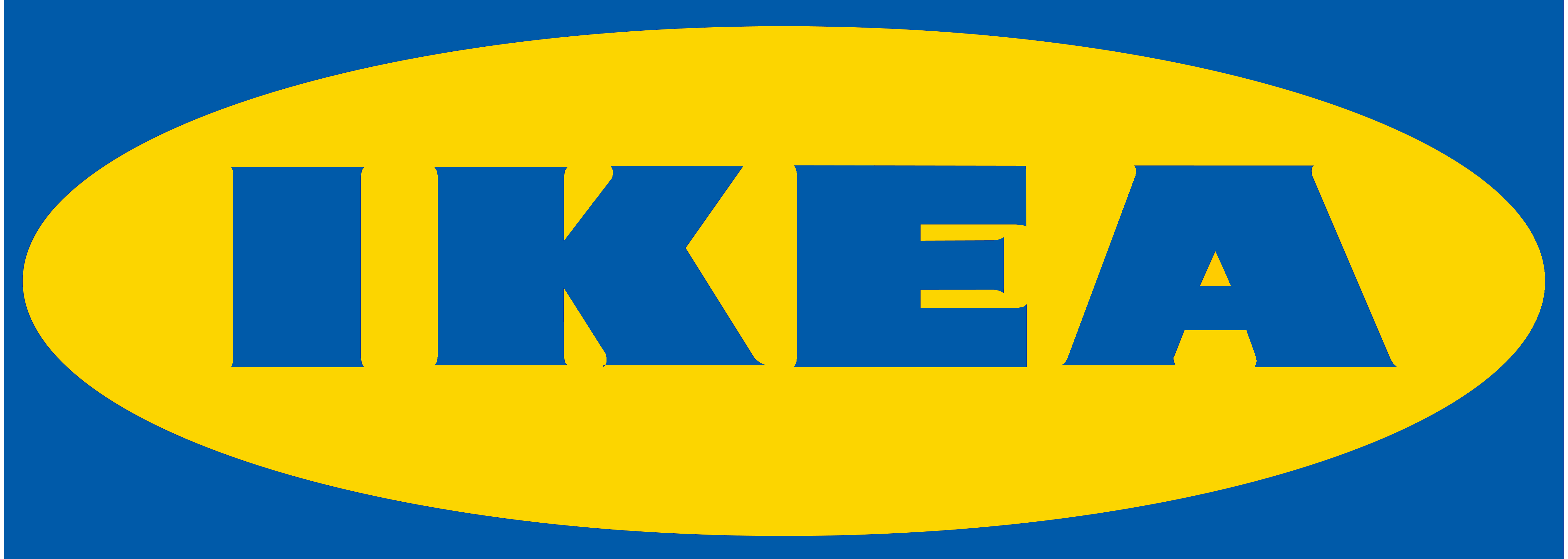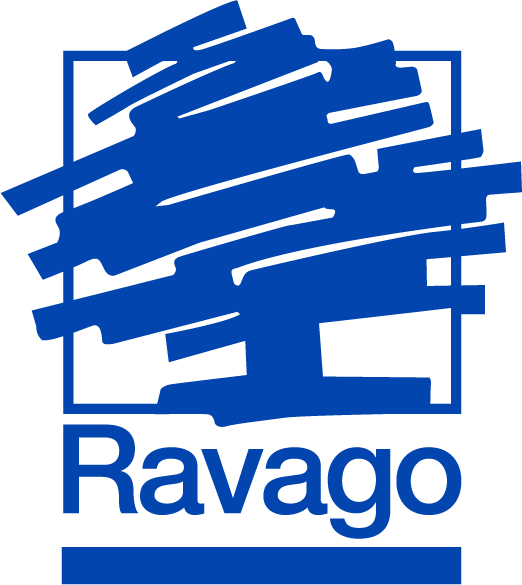US Companies Lose Up to $9 Billion a Year
Because of Poor Cellular Coverage.

Key Findings

The average US employee spends up to 44 hours a year dealing with poor cellular coverage.

When combined with salary expenses and loss of potential revenue, the average US employer pays $6,375.89 per employee due to dropped calls, slow internet, and reconnect time.

Companies with a commercial signal boosting solution are 3x more likely to have stellar signal which leads to more productive employees & potential revenue.
In today's always-on, always-connected world, the average US employee loses up to 44 hours a year dealing with unreliable connection, dropped calls, and slow internet. This leads to unproductive employees, noncommitted clients, and disgruntled customers from completing their daily tasks.
The end result?
Loss of business, productivity, and reputation that impacts the bottom line. With the average US worker paid $23.68 an hour, that's a cost of $1,041 a year per employee due to downtime for a total loss of $1.8 million per company or $8.6 billion for all companies in the USA.
In short, employees are essentially given a week's worth of “paid desk vacation,” because they can't get reliable coverage to do their work efficiently and on time.
Average Annual Downtime Cost
The Effects of Poor Cellular Coverage on Productivity & Revenue
Average Number of Dropped Calls & Reconnect Time.
Employees drop nearly 10 calls a day because of a lack of consistent reception. They try nearly 3 times and spend 11 minutes each day to reconnect on important tasks and calls.
dropped calls per day
spent for attempts to reconnect
hours lost per year
The compounding effect of losing time trying to find a signal, reschedule, call back, and generate an outcome amounts to a minimum of 44 hours lost for every employee each year.
This is especially crucial for companies with a large sales/customer support department or revenue-generating staff such as marketing, purchasing, and operations, because time lost is a threefold problem: salary paid to the employees unable to do their work, a loss of potential revenue during the downtime, and frustration toward employers who are not providing the best environment & tools for their people.
Productivity Levels if Connectivity Was Exceptional.
If your commercial building had state of the art, exceptional cellular connectivity throughout, how much more productive do you think you could be in a typical day?
Likelihood of Losing Potential Business due to Connectivity
How likely or unlikely are you to lose potential business due to calls dropping or poor connectivity?
For 8 out of 10 companies, there is a possibility to lose potential business due to dropped calls and poor connectivity. Over 55% of companies agree they're more than likely to lose potential business when employees can't make calls or use internet on their smartphones.
Over 93% of companies say that productivity would increase if they had robust and dependable 3G & 4G LTE service. Nearly 1 in 4 believe their productivity would significantly increase by over 15.
Which means potential revenue gain if a company has exceptional cellular coverage goes up to $5,335.39 per employee, $2.6 million per company, or $11.9 billion for all US companies per year. When combined with salary paid during downtime, it's $6,375.89 loss per employee or potentially $14.2 billion loss each year for all US companies combined.
Although it can be argued that not all employees are affected by poor cellular coverage like HR and Accounting, it's estimated that at a minimum, 27% of a company's employees are sales, marketing, and other revenue-generating workers. That's still nearly $4 billion lost for US companies every year.
Companies with Signal Booster Solutions
In response to improving in-building cellular coverage, many companies are turning to commercial signal boosting solutions provided by the carriers or reputable installation teams like SignalBoosters.com.
Commercial signal boosters comes in a variety of forms and factors such as DAS (distributed antenna systems) and BDA (bi-directional amplifiers), but they essentially achieve the same goals: have quality signal and coverage inside the building for multiple users.
Of the 500 companies surveyed, 125 had a professional cellular signal booster solution. The following responses represent a small sample data of companies with signal boosters.

Frequency of Dropped Calls, Slow Internet, and Unreliable Service
Before you had signal boosters installed in your building, how often did you have dropped calls in a typical day?
Impact of Signal Booster on Productivity
What impact has signal boosters had on your overall productivity?
Type of Coverage
Prior to installing a signal booster, 82% of the companies occasionally to always dealt with spotty service, unreliable calls, and slow internet. Only 1% of these companies never had a problem with coverage. (Hi, unicorns.)
After installing a signal booster, 88% of the companies stated the high impact it had on their productivity in the office. Not one company felt a signal boosting solution did not make a difference.
Use of Signal Boosters

Signal Booster Coverage

54% of these companies chose wall-to-wall coverage solutions whereas the other 46% went with priority areas or spot coverage like a sales floor, conference room, or warehouse.
Top 5 Reasons for Installing a Signal Booster:
Top 5 Statements About Poor Cellular Connectivity:
Some very important insights come from the responses. It's not just a one-way street that employers feel the financial strain of poor cellular coverage, but 90% of employees expect employers, building managers, and owners to provide good connectivity for their work.
When not taken care of, employees are less motivated, less productive, and complain more. These are the main reasons why companies install and invest in signal boosters.
For property managers and building owners, this is a cautionary tale about having good mobile connectivity systems in place when leasing property. For employers, stakeholders, and senior managers, providing the necessary means for workers to do their jobs has a great impact on company culture.
The 5 Core Benefits of Using a Signal Booster:
Having extensive coverage, better call quality experience, and faster internet speeds for multiple users and carriers ranked as the top benefits of using a signal booster.
When selecting a booster, reliability, coverage range, pricing, and expertise (support) ranked high on the list.
Top 5 Criteria for Choosing a Signal Booster:
However, brand name and reputation scored low on the survey, which explains that despite owning a signal booster, only a third of the companies were aware of the top manufacturers with weBoost, Uniden and HiBoost leading the top three.
It's important to note that Wilson Electronics is the parent company of weBoost, WilsonPro, and zBoost which means they have nearly 58% brand awareness in the market.
The Top 5 Manufacturers:




The average company has 3 signal boosters installed, investing in nearly $10,000 for the solution.
Companies without Signal Booster Solutions
Of the 500 companies surveyed, 375 did not have a commercial signal boosting solution.
The following responses represent their data.
Cellular Connectivity in a Building
What level of cellular connectivity do you have in your building?
Issues Due to Bad Connectivity
What issues are you facing due to bad connectivity?
Nearly two-thirds of companies have poor to average cellular signal. Dropped calls, missed calls, poor cell phone battery, poor customer service, and lost revenue were the top 5 issues due to bad connectivity.
(Sidenote: Smartphones use extra power in searching for and maintaining signal. So poor signal forces cell phones to draw more power to reconnect, therefore draining the battery quicker.)
Connectivity Blackspots.
Do you have connectivity black spots in your building?

Nearly 75% of companies have a connectivity blackspot with stairwells, certain offices, washrooms, utility areas, and certain floors not getting solid coverage.
This poses a safety, welfare, and liability issue for employers and building owners, especially with employees using stairwells and not having signal.
Where in your building do you have connectivity black spots?
Response on Poor Cellular Coverage.
Most companies agree with all statements relating to poor cellular connectivity:
No surprises here.
Companies struggling with maintaining cellular reception have to deal with disgruntled customers and clients, lowered reputation, and frustrated employees spending time to call back customers because of dropped calls.
Nearly half are considering getting a signal booster with considerations to changing wifi and cellular providers. In extreme cases, 6% plan on moving to a different location while 29% plan on doing nothing.
54% of the companies are also unaware of any of the manufacturers with Uniden, HiBoost, and weBoost each under 20% brand recognition.
This means the cellular signal boosting industry has an awareness problem despite companies wanting and needing their solutions.
What are you actively doing to solve your connectivity issues?
Awareness of Manufacturers






The Impact of Signal Boosters
Here the comparisons between companies with and without signal boosters are night & day. Companies with a signal boosting solution are 3x more likely to have great connectivity compared to companies without one. In fact, companies who don’t use a signal booster have 45% more poor to extremely poor signal than signal boosting companies.
Cellular Service Within the Building
Have Great Connectivity

Signal is Still Poor And Could Be Improved

Office building and retail outlets are generally more attractive to lease if they have proven high quality connectivity.
Is a commercial/office building more attractive to lease if it has proven high quality connectivity?

When considering a lease was connectivity considered?
While 9 in 10 companies from both sides agree commercial spaces and office buildings are more attractive to lease with high-quality connectivity, 62% of companies with boosters have considered it before leasing property whereas only 38% of companies without boosters have considered it.
This demonstrates the proactive and progressive nature of companies with signal boosters. Not only do they have superior in-building cellular coverage but also are 3x more likely to have excellent wifi service for their employees and customers. This may mean they also invest in better wifi equipment or wifi signal boosters.
5 in 10 companies invested in cellular boosters and around 1/3 chose their building because it had boosters installed.

Part of the problem lies with apathy and underestimating the impact of strong cellular coverage, since 60% of companies with signal boosters believe that they would be significantly more productive with reliable reception compared to the 48% of companies without boosters.
The average employee to an in-building wireless signal booster potentially produces from 6 to 13% more revenue (up to $718.36 per year) compared to an employee without a signal boosting solution. These are stock market-like averages.
Conclusion
When it comes to office productivity, nothing hurts more than a lack of cellular & wireless coverage:
1. Employees are trying to work and earn their keep but can't.
2. Employees then feel their success is not being taken care of.
3. Employees spend 11 minutes a day or 44 hours a year in wasting time trying to find reliable reception, reconnecting with clients & customers, and completing goals.a.
4. Employers lose over $6,375.89 per employee every year because of lost time & potential revenue.
5. Employees feel demotivated and hold employers accountable and vice versa.

Companies Invested In Signal Boosters
more likely to have excellent signal
productivity and revenue increase
Companies who invest in signal boosting solutions are 3x more likely to provide excellent signal, therefore, improving productivity and revenue up to 13% and empowering their workers, customers, clients, and tenants.
In today's BYOD (bring your own device) business culture, employees are more independent and mobile than ever. It’s a mobile world, the power of yesteryear’s computers now fitting in the palm of our hands.
And staying connected, sending and receiving emails, following real-time data, and demanding faster internet is no longer a luxury but a requirement for businesses to thrive in a mobile-first world.
We are our phones.
About Survey
SignalBoosters.com and Coleman Parkes Research interviewed 500 respondents in the following 5 sectors: government, hospitality, retail/wholesale, property management, and healthcare.
76% are middle to senior-level managers with roles in IT, customer management, sales, support, and marketing. Half of the respondents work for companies with 500-1,000 employees and the other half work for companies with over 1,000 employees.
Additional data provided by IRS estimates and the US Department of Labor Bureau of Labor Statistics.
About SignalBoosters.com
Boosted Cellular & WiFi Signal. 24/7. Guaranteed.
SignalBoosters.com is a leading provider of nationwide commercial signal boosting & wireless solutions featuring cellular, wifi, public safety, and DAS.
Our in-building solutions feature full turn key installations delivering signal to priority areas up to whole building coverage. Whether it’s a small office or multi-story building, we have a solution.
From data-driven site surveys to precise systems integration, our world-class team of project managers, RF engineers, and systems design & installation specialists get the job done on time with guaranteed results.
Some of Our Enterprise & Business Customers





Poor cellular and wireless reception affects up to 78% of people inside buildings leading to dropped calls, slow internet, and inconsistent connections.
THE RESULT?
Unproductive employees, dissatisfied clients or tenants, and loss of customers: complete inefficiency.


